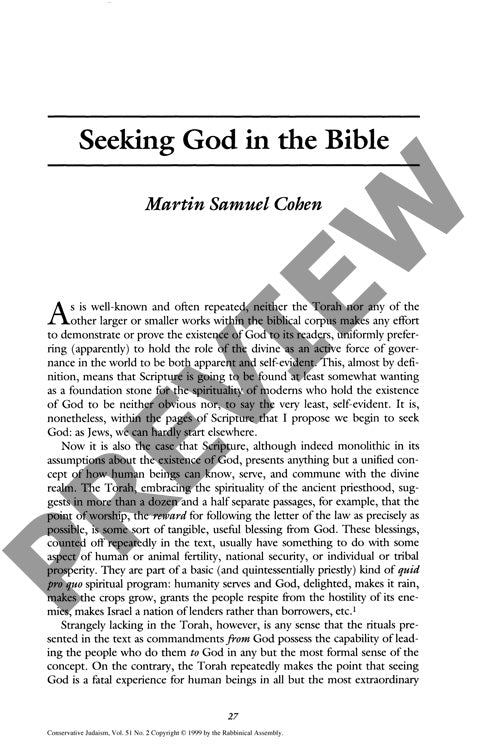Seeking God in the Bible
Couldn't load pickup availability
Ancient Israelites pursued radically different paths to experiencing the divine, with priests and Levites offering competing visions of how humans could encounter God. While the priestly Torah presents God's existence as self-evident and emphasizes ritual observance for material rewards, it actively discourages direct sensual communion with the divine, portraying such encounters as potentially lethal for ordinary people. In stark contrast, the Levitical Psalter promises and celebrates immediate visual and auditory experiences of God as attainable rewards for devoted seekers. Through comparative analysis of passages from both corpora, particularly their treatment of prophecy, priestly authority, and divine accessibility, this research illuminates competing theologies that emerged during the crucial period between Ezra's mission and the Greek translation of the Torah (circa 400-250 BCE). The priestly approach ultimately shaped rabbinic Judaism, but the neglected Levitical model offers valuable insights for modern Jews who seek empirically verifiable experiences of the divine rather than theoretical acceptance of God's existence.

More Information
-
Physical Description
-
Publication Information
Published 1999
ISBN
-
Publication Credits
Martin Cohen

